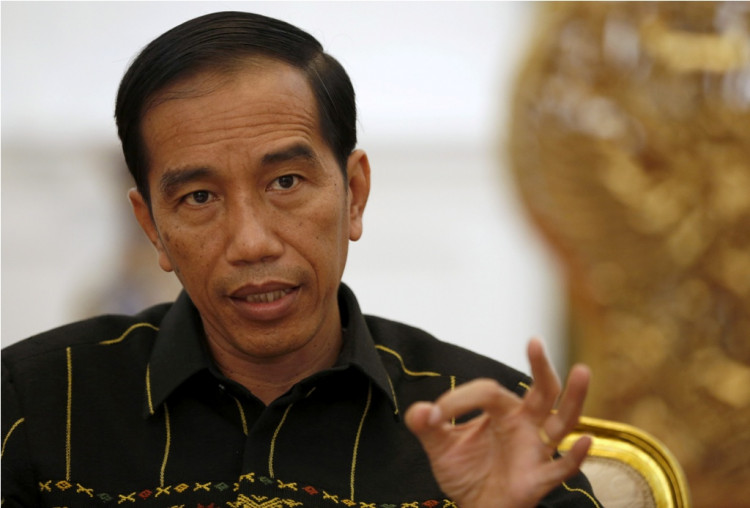The Indonesian Parliament passed the 2020 state budget on Tuesday featuring a gross domestic product (GDP) fiscal deficit of 1.8 percent as officials said the country wants to be one step ahead of the expected global economic slowdown.
According to Reuters, Director General of Budgeting at the Finance Ministry, Askolani, noted that if ever the deficit goes above the set value, the ministry will use an allocated 10 trillion rupiah ($708.72 million) in the fiscal buffer.
Indonesian law states that the fiscal deficit should never go above three percent of the country's annual GDP. If the deficit exceeds the 2019 value of 1.8 percent, the ministry is expected to use the buffer to neutralize the effects of potential changes in government policy.
Furthermore, the buffer will also be used to tackle spiking subsidies, problems with the GDP slipping against analyst forecasts, and as an emergency response to natural disasters that will come next year.
Earlier on Tuesday, the 2020 budget of $180.3 billion was approved by Parliament and includes a whole host of Indonesian President Joko Widodo's promises during his campaign earlier this year.
Some of the key takeaways in Indonesia's state budget for 2020 include the 5 trillion rupiah stimulus into Perusahaan Listrik Negara, the state's power utility, 423.3 trillion for infrastructure investments, and 3.5 trillion rupiah allocated for the state's construction company, Hutama Karya.
For Widodo's social programs, two million young people will receive free skills training under a 10 trillion rupiah budget that involves some of the country's digital unicorns. These startups include Tokopedia and Go-Jek.
Meanwhile, outlooks for the Indonesian economy have become more positive over the past few weeks. The country's economic expansion has been projected to grow by 5.3 percent in 2020, the fastest pace yet within the past seven years.
According to Bloomberg, there are challenges along the way for Indonesia even as it tries to keep growth above five percent. One of these issues is the global economic slowdown as well as trade disputes.
On the other hand, the government is expected to focus on injecting further stimulus if necessary as well as bolstering reforms in areas that need policy changes to keep Indonesian markets in line with global competition.
So far, Indonesia's economy expanded by 5.1 percent in the second quarter of 2019. It is the slowest pace yet since mid-2017, prompting some economists to express concerns over financial policies.
Indonesia has been struggling to grow beyond five percent but experts believe the effects of cutting interest rates will show before year-end.






